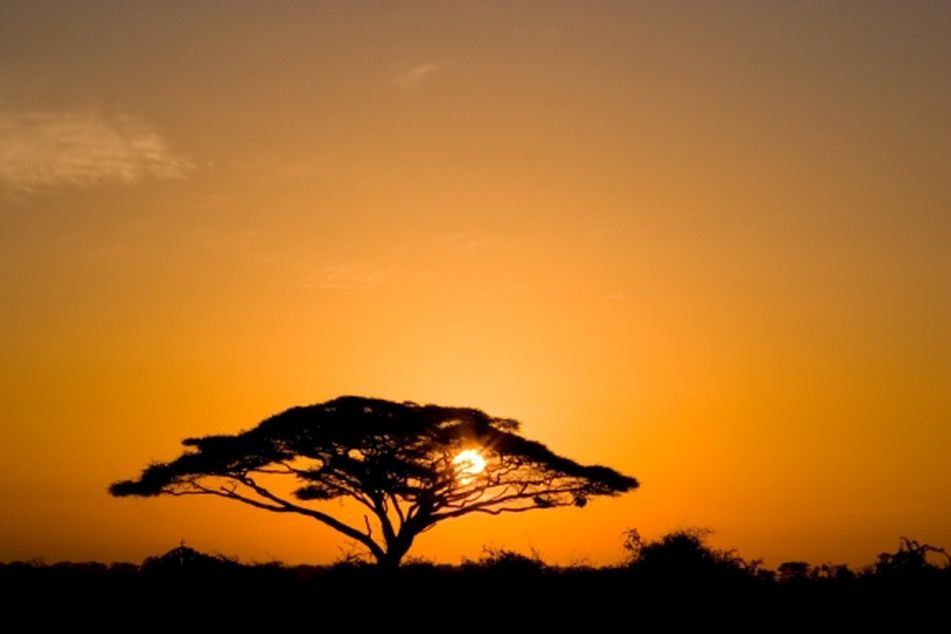Remarkable returns, low volatility? You’ll be surprised where

Africa Composite Index generated 17% annual return over past decade, with fewer market gyrations than U.S.; the next Asia?
As portfolio manager Larry Seruma sees it, Africa is not only the next hot emerging market — but it also has a track record to help illustrate the potential.
Mr. Seruma, manager of the 13-month-old Nile Pan Africa Fund Ticker:(NAFAX), is focused on the entire continent as he taps into three main themes: commodities, consumers and infrastructure.
Across the 53 countries making up the continent, there is a blend of emerging and frontier markets, with no single country yet considered developed.
Only 24 of the African countries have operational stock exchanges, and the total market capitalization of those countries is just $1.4 trillion.
Yet, where the markets are viable, investors are being rewarded.
Over the 10-year period through December, the Africa Composite Index produced an average annual return of 17.3%, with volatility as measured by standard deviation of 11.9%.
By comparison, the MSCI Emerging Markets Index over the same period had an annualized return of 13.2% with a standard deviation 24.7%.
The S&P 500 over the same period had a negative annualized return of 0.5%, with a standard deviation of 16.4%.
“The growth in Africa is only getting stronger because Africa is going to significantly contribute to the global growth going forward,” Mr. Seruma said.
On the commodities side, the continent contains 13% of the world’s oil reserves, 50% of proven gold reserves, 50% of iron ore reserves, 60% of cobalt and 90% of platinum group reserves.
The country of Ghana, for example, has just started oil exploration this year, and the country now is expected to see gross domestic product grow by 20% for at least the next two years.
Of the 24 countries with stock exchanges, Mr. Seruma is invested in 11.
The fund’s biggest allocation is in Nigeria, followed by South Africa, Egypt and Guinea.
In terms of country allocations, Mr. Seruma limits the investment in South Africa to 25% of the fund, because it is the one country most likely to be included in other emerging-markets funds.
The total market capitalization of South Africa’s publicly traded stocks is almost $1 trillion, making it the continent’s largest market.
On the consumer and infrastructure side of the strategy, the growth is expected to come from a population across the continent of more than 1 billion people that is on track to double by 2040.
The average age in Africa is 21, compared to 45 in developed countries, and that will help fuel the growing demand for goods and services, relative to developed markets that have to spend more on social security, health care and entitlements, Mr. Seruma said.
Portfolio Manager Perspectives are regular interviews with some of the most respected and influential fund managers in the investment industry. For more information, please visit InvestmentNews.com/pmperspectives .
Learn more about reprints and licensing for this article.








